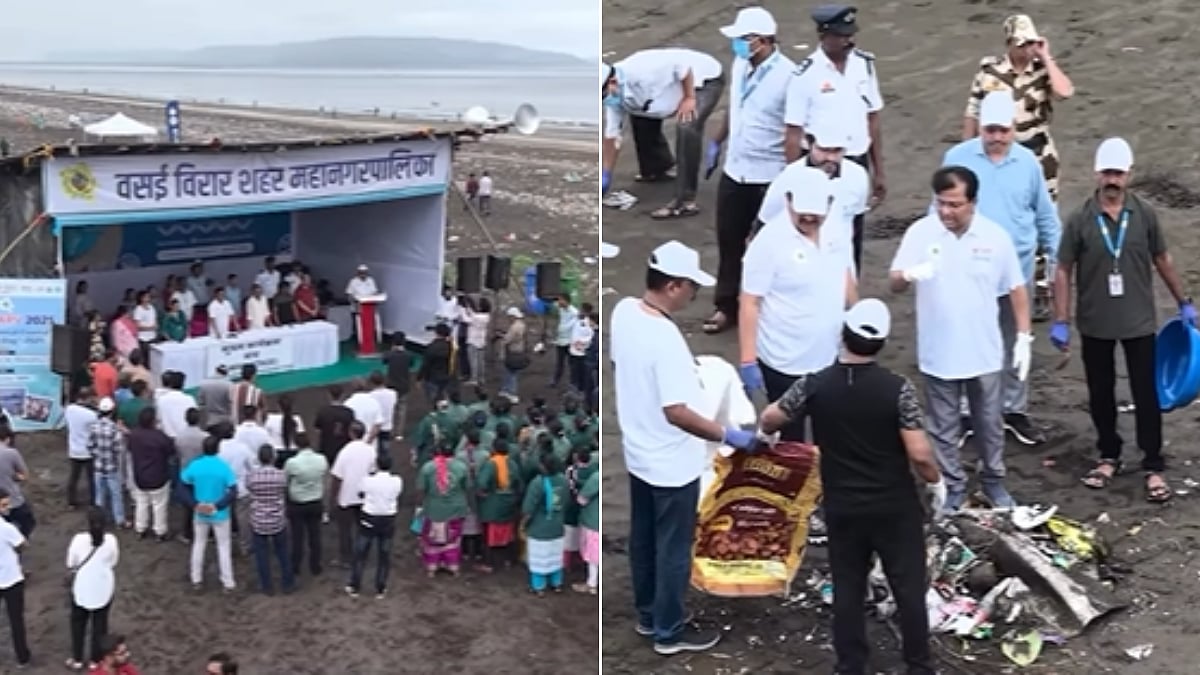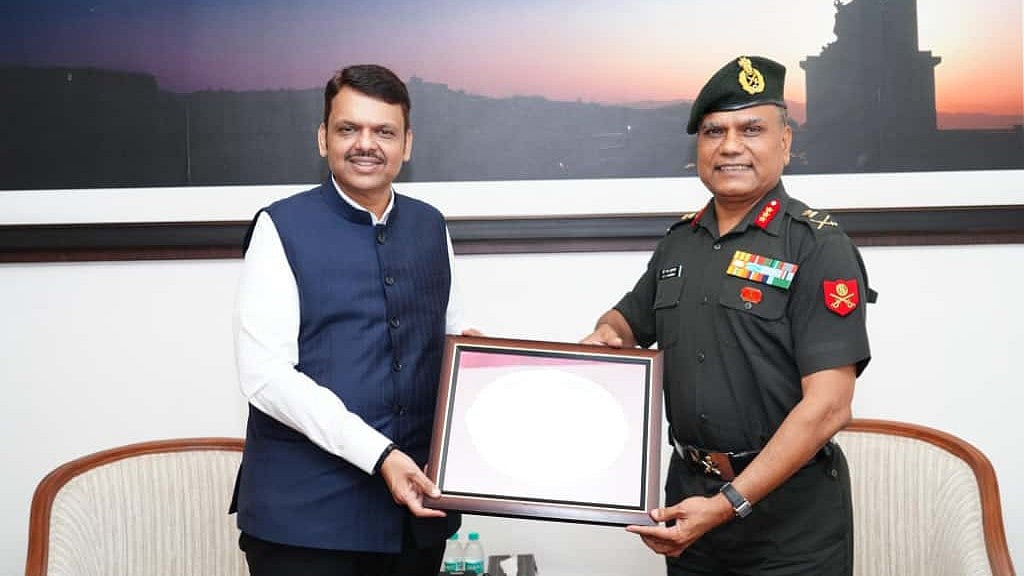Thane: The civic-run Chhatrapati Shivaji Maharaj Hospital in Kalwa, which reported 18 deaths in 24 hours on August 13, has recorded a 33% rise this year in the number of patients discontinuing treatment in the first seven months as compared to the same period last year.
In the first seven months of 2022, the hospital saw 1,161 patients classified as discharged against medical advice (DAMA), averaging 166 a month. The figure touched 2,158 by the end of the year.
From January to July 2023, the hospital recorded 1,543 DAMA patients, with an average of 220 per month.
The daily average also showed a corresponding increase from six to seven, which experts dubbed worrisome.
In addition, the number of patients 'absconding' from the hospital rose from 141 to 228 in the same period. In all, 2022 saw 268 absconders.
"Inattentive and uncaring staff"
Many patients have complained of staff not attending to them, suggesting this could have prompted several to seek treatment elsewhere.
A Dombivli resident recently said a relative who was admitted to the hospital had to wait for a long time as there weren't enough nurses.
Dr Lalit Kapoor, founder of medico-legal cell, Association of Medical consultants, Mumbai, said, “Patients or relatives choose to discontinue treatment for two main reasons: financial constraints or being dissatisfied with the treatment protocol. Activists and political leaders have blamed the administration's 'apathy' in addressing staff and infrastructure issues, with some suggesting that these could have played a contributory role in the deaths in August. The CM-ordered commission's report on the deaths is yet to be tabled two-and-a-half months after the tragedy.”
"The staff-patient ratio has always been inadequate, which is bound to reflect on the attention given to patients," said activist Nitin Deshpande.
Hospital dean Dr Rakesh Barot, Kalwa hospital, said,”The data was not alarming since it could include patients brought following accidents or in critical condition, who could have been shifted to other facilities by their families after being stabilised.”










